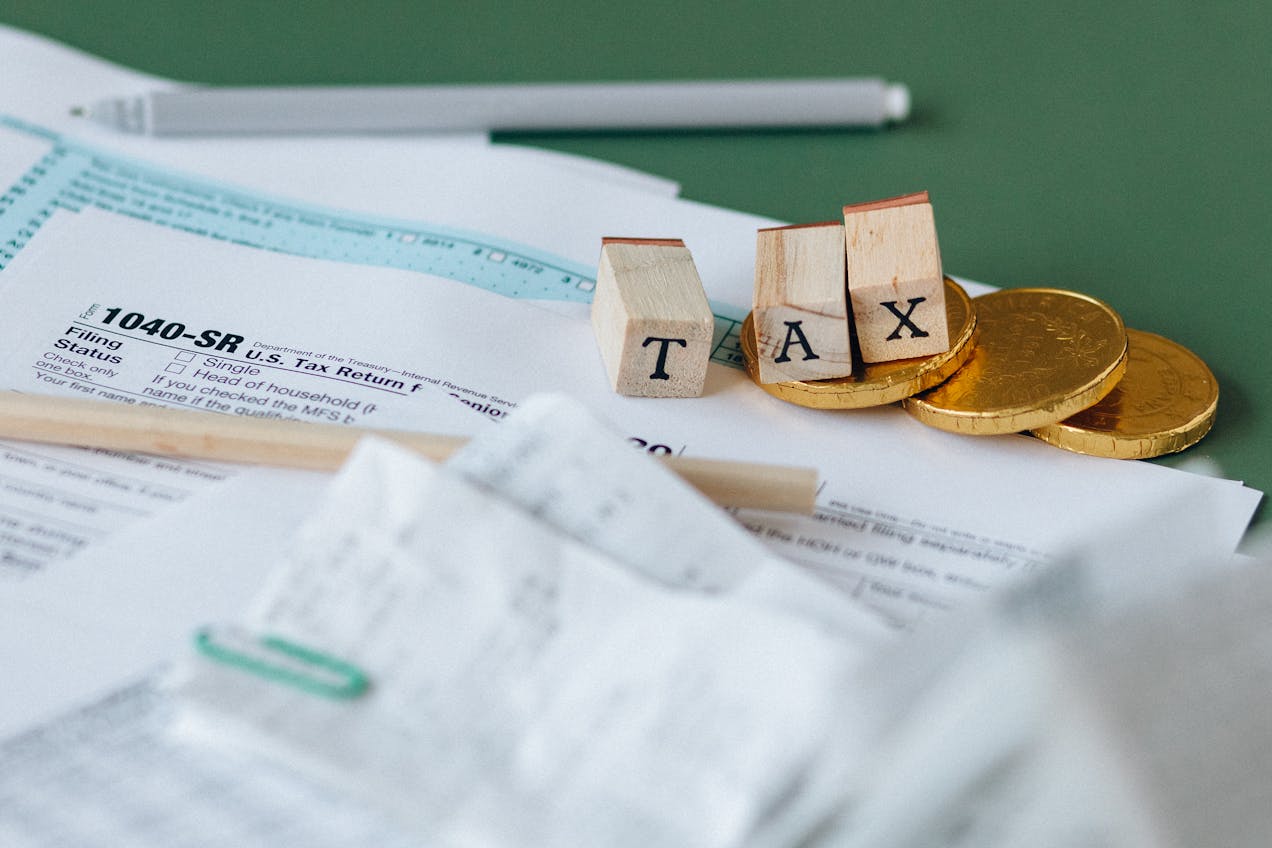
Are you a freelancer or an independent contractor struggling with tax season? Discover essential tips to simplify your tax preparation and maximize your deductions for 2024. Stay ahead of the game and ensure you’re not leaving money on the table!
Introduction
As a freelancer or independent contractor, managing your taxes can feel overwhelming. Unlike traditional employees, you’re responsible for tracking income, and expenses, and making quarterly tax payments. This guide provides essential tax preparation tips to help you handle the complexities of the tax system, ensuring you stay compliant and maximize your deductions.
1. Keep Detailed Records of Income and Expenses
Maintaining thorough records is crucial for accurate tax reporting and maximizing deductions.
– Income Records: Track all sources of income, including payments received from clients, freelance platforms, and other revenue streams.
– Expense Records: Keep receipts and documentation for all business-related expenses such as office supplies, software, travel, and meals.
Tip: Use accounting software like QuickBooks or FreshBooks to streamline record-keeping and ensure all transactions are accurately logged.
2. Know Your Tax Obligations
Freelancers and independent contractors must manage their own tax obligations, which differ from traditional employees.
– Self-Employment Tax: This covers Social Security and Medicare taxes, which are typically withheld by employers for traditional employees.
– Quarterly Estimated Taxes: Freelancers must pay estimated taxes quarterly to avoid penalties.
Tip: Set aside a portion of your income for taxes to ensure you have enough funds to cover your quarterly payments.
3. Maximize Deductions
Knowing which expenses you can deduct is key to reducing your taxable income.
– Home Office Deduction: If you use part of your home exclusively for business, you can deduct a portion of your rent or mortgage, utilities, and other related expenses.
– Business Supplies and Equipment: Deduct the cost of items like computers, software, and office supplies used for your business.
– Travel and Meals: Deduct business-related travel expenses, including airfare, lodging, and meals (at 50%).
Tip: Keep detailed records and receipts for all deductible expenses to substantiate your claims.
4. Separate Personal and Business Finances
Mixing personal and business finances can complicate your tax preparation and increase the risk of errors.
– Business Bank Account: Open a separate bank account for your business transactions.
– Business Credit Card: Use a dedicated credit card for business expenses to simplify tracking and deductions.
Tip: Regularly review and reconcile your business accounts to ensure accuracy and completeness.
5. Take Advantage of Tax-Advantaged Retirement Accounts
Contributing to a retirement account not only prepares you for the future but also provides tax benefits.
– SEP-IRA: Simplified Employee Pension Individual Retirement Accounts allow you to contribute a portion of your income and deduct it from your taxable income.
– Solo 401(k): Suitable for self-employed individuals, allowing higher contribution limits and potential tax savings.
Tip: Consult with a financial advisor to determine the best retirement plan for your situation and maximize your contributions.
6. Stay Informed About Tax Law Changes
Tax laws can change, impacting your obligations and potential deductions.
– Professional Advice: Work with a tax professional or accountant who specializes in self-employment taxes to stay updated on the latest changes.
– Continuing Education: Regularly read tax-related news and updates to ensure you’re informed about any new tax laws or regulations.
Tip: Join professional organizations or online communities for freelancers to stay informed and share tips with peers.
Conclusion:
Handling the complexities of freelance and independent contractor taxes doesn’t have to be daunting. By keeping detailed records, knowing your obligations, maximizing deductions, and staying informed, you can simplify your tax preparation and ensure compliance.
Need Assistance?
Ready to streamline your tax preparation and maximize your savings? Our team of experts is here to help you navigate the complexities of freelance and independent contractor taxes. Whether you need assistance with record-keeping, understanding your tax obligations, maximizing deductions, or planning for retirement, we’ve got you covered. Don’t wait until the last minute—reach out today to ensure you’re fully prepared for the upcoming tax season. Contact our COO, Anshul Goyal, at anshul@kkca.io for personalized, professional guidance tailored to your unique tax situation. Take the stress out of tax season and let us help you achieve your financial goals.
Disclaimer
The information provided in this blog is for educational purposes only and should not be considered tax or legal advice. Consult with a professional tax advisor or accountant for specific guidance related to your business.
FAQs
1. What are the key tax obligations for freelancers?
Freelancers must manage self-employment tax and make quarterly estimated tax payments to avoid penalties.
2. How can I maximize my deductions as a freelancer?
Track all business-related expenses, such as home office costs, supplies, and travel, and keep detailed records to substantiate your claims.
3. Why is it important to separate personal and business finances?
Separating finances simplifies tracking, reduces errors, and makes it easier to identify deductible expenses.
4. What retirement accounts are available for freelancers?
Freelancers can use SEP-IRAs or Solo 401(k)s, which offer tax advantages and higher contribution limits.
5. How do I stay updated on tax law changes?
Work with a tax professional, read tax-related news, and join professional communities to stay informed about new regulations.
6. What is the home office deduction?
The home office deduction allows you to deduct a portion of your home expenses if you use part of your home exclusively for business.
7. How should I track my income and expenses?
Use accounting software to accurately log income and expenses and keep receipts and documentation for all transactions.
8. What are quarterly estimated taxes?
Freelancers must pay taxes quarterly based on estimated income to avoid penalties and interest.
9. How can a tax professional help me?
A tax professional can provide guidance, ensure compliance, and help maximize your deductions and savings.
10. Who can I contact for expert tax advice?
Contact our COO, Anshul Goyal, at anshul@kkca.io for personalized guidance on your freelance tax situation.
